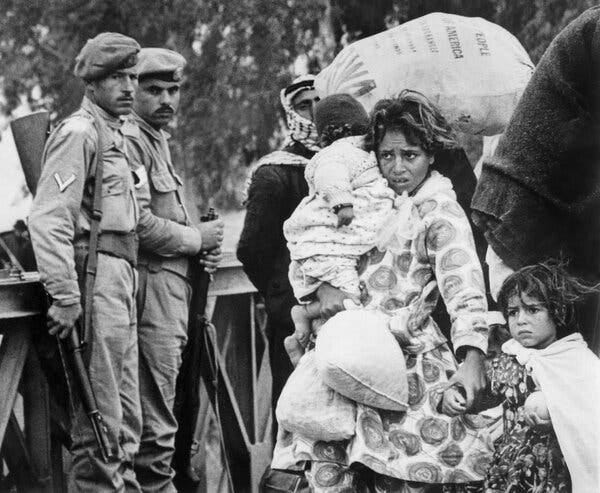Beyonce is a Mum too, aww.
What of the mothers sifting through dust, pulling broken pieces from broken ground, in Gaza, where the sky spits fire and children’s laughter dies mid-breath?
"I am not here as a celebrity, I am not here as a politician, I am here as a mother,"
and her words fall like holy water,
a benediction over the room,
her daughter’s name a ribbon tied to promises,
and we’re all drawn to it, drawn to her
and the power she holds, close and fierce.
But tell me—what is a mother?
Is it only the ones who stand in rooms like these,
who hold hands in safety, cloaked in righteousness?
What of the mothers sifting through dust,
pulling broken pieces from broken ground,
in Gaza, where the sky spits fire
and children’s laughter dies mid-breath?
She speaks, and we listen, hearts warmed,
but does she feel it? The howl beneath the rubble,
the mother who finds only a limb,
a hand too small to be severed from a future?
Does she see it when she closes her eyes—
not the red carpet glow but blood on pavement,
cries swallowed by smoke?
They say a mother is a mother everywhere,
but here, she lifts her voice, polished and clean,
while there, mothers dig graves with bare hands,
skin blistered, dreams charred.
Tell me, Beyoncé, when you sleep,
do you see their faces, mothers with empty arms,
or does it vanish, like dust in daylight?
To be a mother, she said,
and I want to ask, is it only here?
Beyoncé’s endorsement of Kamala Harris at a Houston rally, framed as a stand for “mothers” and “freedom,” is yet another example of how celebrity culture too often polishes over brutal realities with convenient, self-congratulatory narratives. Beyoncé stood on stage, surrounded by cheering crowds, invoking motherhood and future generations as if her voice alone could shape a more compassionate America. She claimed to be there as “a mother” and not “a celebrity,” but it’s hard not to see the privilege and selective outrage at play.
Kamala Harris, whose administration has openly supported military aid that fuels atrocities in Gaza, stands in stark contradiction to the “motherly” values Beyoncé professed to champion. While this rally focused on protecting certain freedoms domestically, it remained deafeningly silent on the mothers across the world, watching helplessly as their children fall victim to the violence perpetuated by policies Harris has upheld. By rallying for “freedom” in the polished safety of an American stage, Beyoncé’s endorsement becomes hollow—a symbol of selective care that celebrates some lives while ignoring others.
This isn’t just performative activism; it’s hypocrisy. Celebrity culture has once again chosen a “safe” cause to rally behind while tiptoeing around issues that might ruffle the wrong feathers. By elevating Harris without acknowledging the devastating impact of her policies abroad, Beyoncé’s stand for “motherhood” rings empty. The influence of figures like her could be transformative if wielded with genuine global empathy, yet here it’s reduced to a spectacle—a polished, empty endorsement that prioritizes image over integrity.





